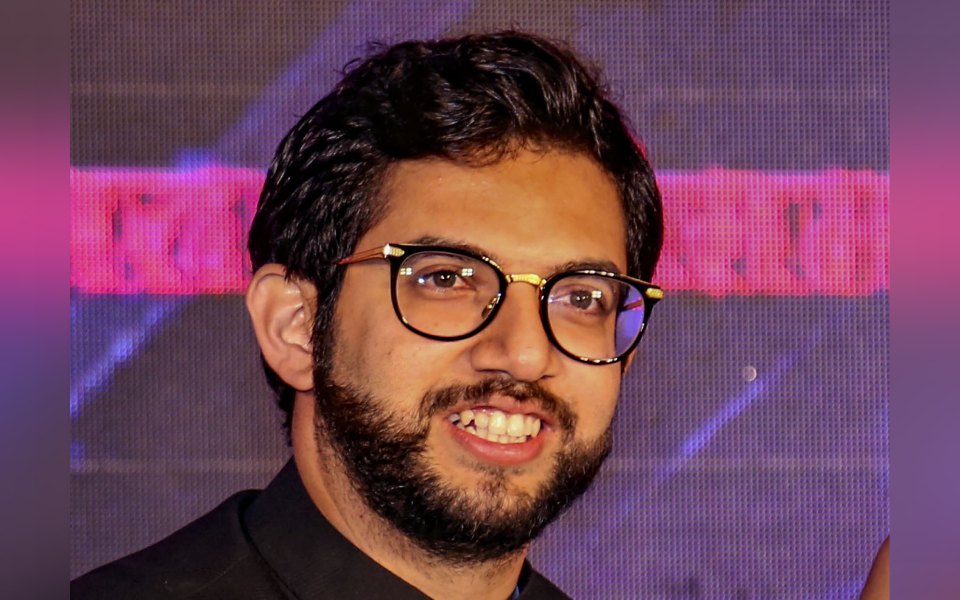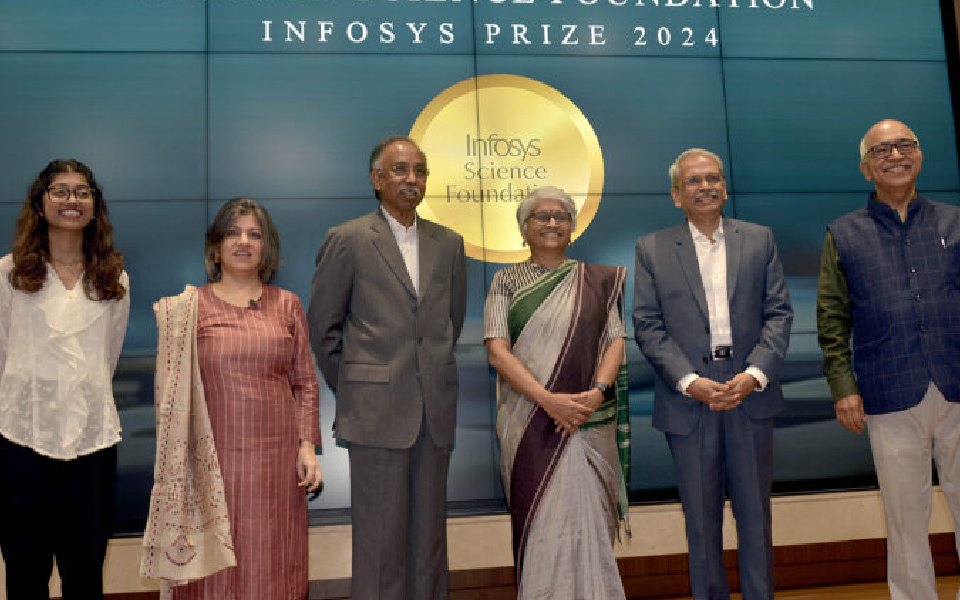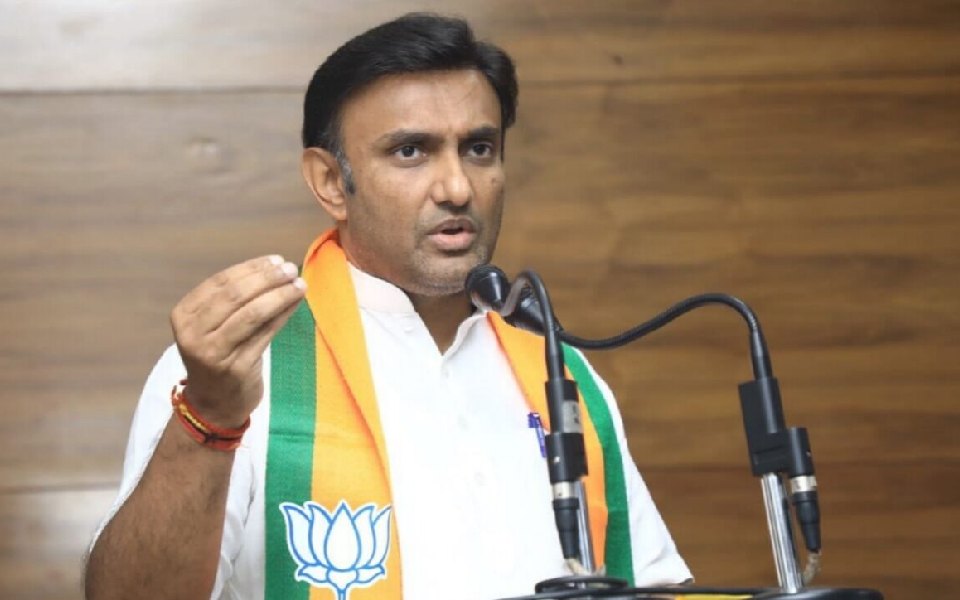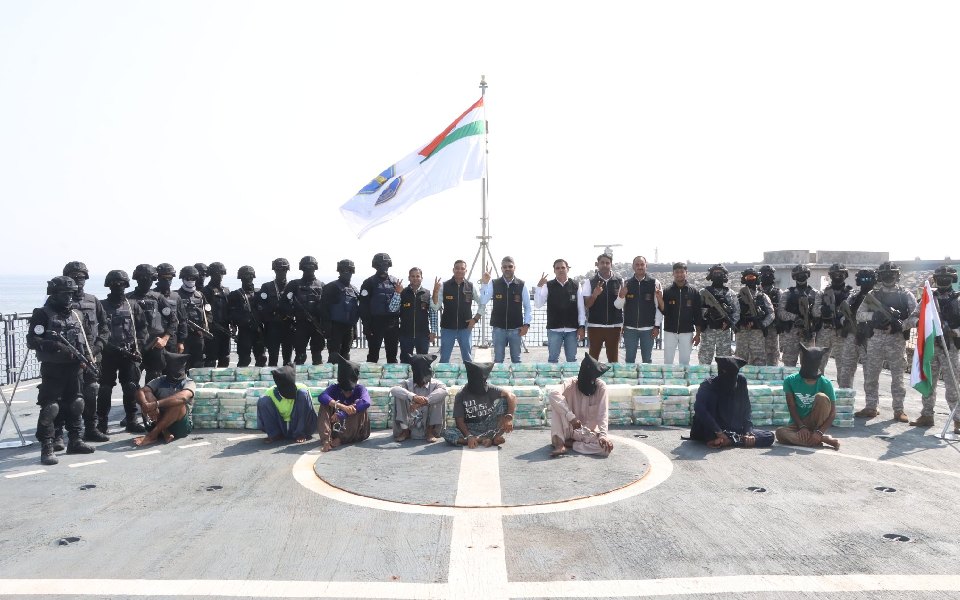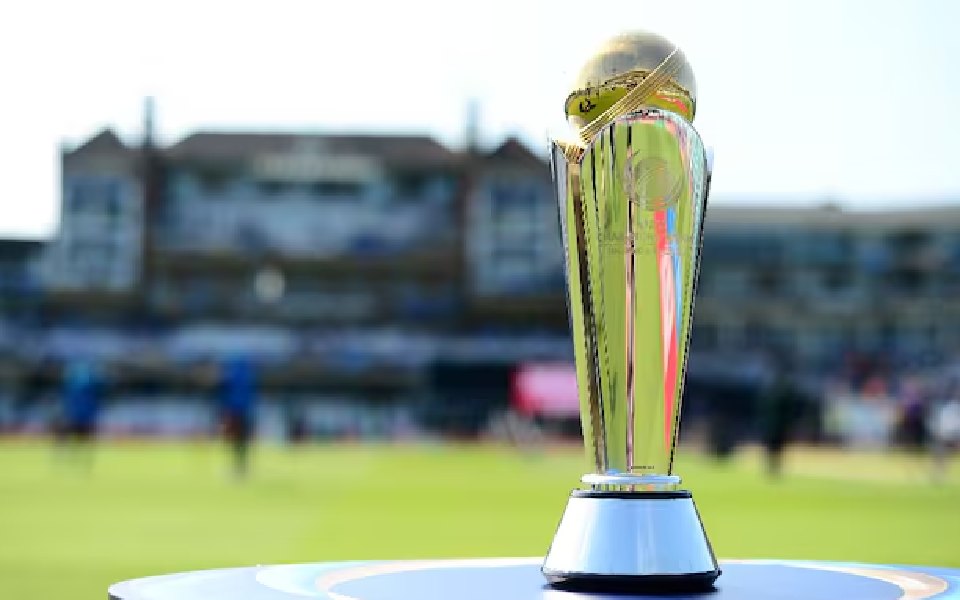Mumbai, Nov 15: Shiv Sena (UBT) leader Aaditya Thackeray has said anyone who threatens the workers of his party during the ongoing election campaign will be "made to sleep on ice slab", sparking a war of words with rival Sena leader Ramdas Kadam.
Speaking in Dapoli in coastal Maharashtra on Thursday, he dubbed as "traitors" Kadam and his son, local MLA Yogesh Kadam, who belong to the Shiv Sena led by Maharashtra Chief Minister Eknath Shinde.
Thackeray, a former state minister, was speaking at a campaign rally ahead of the November 20 assembly elections.
"It is my responsibiity to make anyone who threatens you (Sena UBT workers) sleep on ice slab because we are forming the next government," he said.
Notably, forcing a person to lie on an ice slab was once known as a way of custodial torture.
Hitting back, Ramdas Kadam, a former Leader of Opposition in the legislative council, said his son was Aaditya Thackeray's friend when they were in the same party, but Aaditya later expelled people close to them in Dapoli.
Despite being the local MLA, Yogesh was sidelined during the Dapoli municipal council polls, his father claimed.
It was Aaditya Thackeray who was a traitor as he took away his ministry, Ramdas Kadam further said.
The senior Kadam was environment minister in the Devendra Fadnavis government, but he did not find place in the subsequent Uddhav Thackeray-led dispensation. Aaditya handled the environment portfolio in his father's government.
In 2022, after the Sena split, the Kadams sided with the faction led by Eknath Shinde.
Let the Truth be known. If you read VB and like VB, please be a VB Supporter and Help us deliver the Truth to one and all.
Bengaluru: Two women scientists are among the six winners of the Infosys Prize 2024 for Economics, Engineering and Computer Science, Humanities and Social Sciences, Life Sciences, Mathematical Sciences, and Physical Sciences, announced on Thursday by the Infosys Science Foundation (ISF) in Bengaluru.
The award was instituted by ISF in 2009.
The two women, who have been selected for the award this year, are Neena Gupta for Mathematical Sciences and Vedika Khemani for Physical Sciences.
Gupta, Professor in the Theoretical Statistics and Mathematics Unit at the Indian Statistical Institute, Kolkata, was awarded for her work on the Zariski Cancellation Problem, a fundamental problem in algebraic geometry first posed in 1949 by Oscar Zariski, one of the founders of modern algebraic geometry.
According to a statement released by ISF, she proved the striking result that Asanuma’s three-dimensional affine variety yields a negative answer to Zariski’s original Cancellation Problem in positive characteristic, in 2014.
Khemani, Associate Professor in the Physics Department at Stanford University, has been recognised for her wide-ranging and groundbreaking contributions to theoretical and experimental non-equilibrium quantum matter, most notably the discovery of time-crystals.
Arun Chandrasekhar, Professor, Department of Economics, Stanford University, won the Economics Prize for his contribution to the study of social and economic networks, using innovative data sets and drawing on theoretical methods from machine learning and computer science.
Engineering and Computer Science Prize is to be awarded to Shyam Gollakota, Professor, School of Computer Science and Engineering, University of Washington for his research in societally relevant areas such as smartphone-based affordable healthcare tools for low- and middle-income countries, battery-free computing and communication, and augmentation of human auditory sensing with artificial intelligence.
The Infosys Prize 2024 in Humanities and Social Sciences goes to Mahmood Kooria, Lecturer, School of History, Classics and Archaeology, University of Edinburgh, for his seminal contributions to the study of maritime Islam in a global perspective, with particular focus on Kerala in the pre-modern and early modern eras.
The Life Sciences Prize goes to Siddhesh Kamat, Associate Professor in the Department of Biology at the Indian Institute of Science Education and Research, Pune, for his discoveries concerning bioactive lipids, their receptors, and their metabolic and signaling pathways.
Speaking at the event organised to announce the award, Kris Gopalakrishnan, President, Infosys Science Foundation said the Infosys Prize has played a pivotal role in recognising brilliant minds whose contributions are shaping the future of research and science.
“This year, we refocused on early career researchers under the age of 40, recognising their immense potential and the promise of paradigm-changing work,” he added.
The prize for each category comprises a gold medal, a citation, and a prize purse of $100,000 (or its equivalent in INR). Narayana Murthy was also present at the event that was hosted at ISF’s office in Bengaluru.
According to the press note issued by ISF, previous laureates of the Infosys Prize, one of the biggest prizes announced in India, have gone on to receive several prestigious international awards, including the Nobel Prize (Abhijit Banerjee and Esther Duflo), the Fields medal (Manjul Bhargava and Akshay Venkatesh), the Dan David Prize (Sanjay Subrahmanyam), the MacArthur ‘genius’ Grant (Sunil Amrith), the Breakthrough Prize in Fundamental Physics (Ashoke Sen), and the Marconi Prize (Hari Balakrishnan).

